10 Foods You Should Never Put in Your Slow Cooker
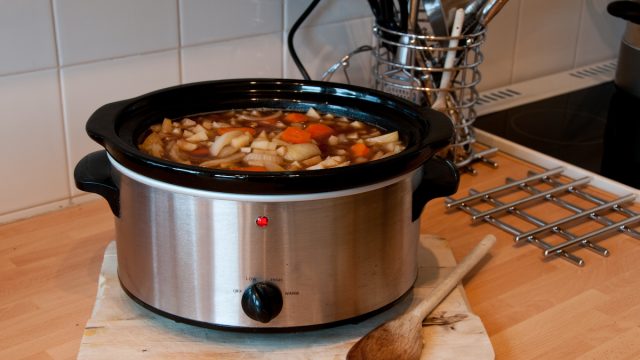
Your slow cooker can be a real lifesaver. Most of the time, you can just throw in a bunch of ingredients and let the device do its thing while you’re working or out running errands. When it’s dinner time, you’ll have a dish that’s been stewing in delicious flavors for hours. But while the slow cooker can prepare almost anything, there are several things you should never cook in it. Some carry health risks, while others just won’t taste good. Read on to find out which foods experts say you should keep far away from your slow cooker.
READ THIS NEXT: 5 Items You Should Never Store in Your Pantry, According to Experts.
10 Foods That Shouldn’t Go in the Slow Cooker
1. Dry beans
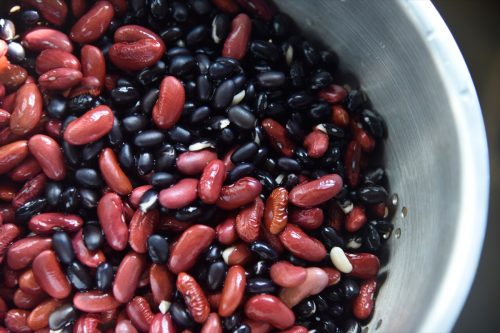
Beans are a key ingredient in many beloved slow cooker recipes, from chilis to soups. However, the U.S. Food and Drug Administration (FDA) warns against tossing dry or raw beans in your slow cooker without properly preparing them first.
In the FDA’s Bad Bug Book, the agency explains that beans contain toxins called lectins, and slow cookers don’t get hot enough to destroy them. Side effects of eating undercooked beans include nausea, diarrhea, and abdominal pain—and red kidney beans have the highest concentration of lectins, which makes them the most dangerous to eat without proper preparation.
Before pouring beans into your slow cooker, you need to break down the toxins. The FDA cites a U.K.-based study that says beans should be soaked in water for at least five hours. Then, you should swap the water for fresh water and boil the beans for at least 30 minutes. Once this process is complete, you can safely add the beans to your slow cooker.
2. Shellfish
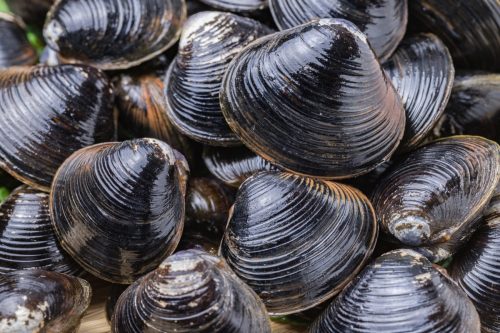
Besides potentially stinking up your slow cooker, there’s another good reason you should avoid putting shellfish in the appliance.
Chef and recipe creator Jessica Randhawa explains that shellfish cooks very quickly, which is counter to the point of a slow cooker. “When slow-cooked, the fragile shellfish meat tends to disintegrate,” she notes.
3. Most fish
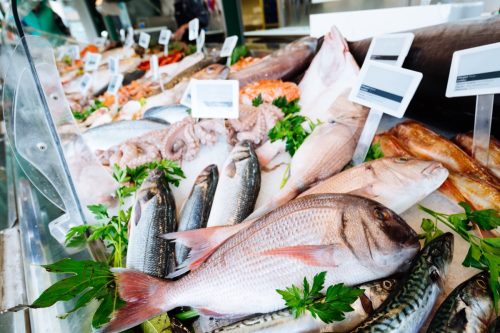
In addition to shellfish, most flaky fish won’t hold up well in a slow cooker.
“Delicate fish…tend to overcook and become rubbery after several hours on low heat. The constant simmering can make seafood tough and dry,” shares Lindsey Chastain, founder of the homesteading blog The Waddle and Cluck. “Lean fish fillets like cod and tilapia may fare slightly better, but in general, seafood is better prepared quickly on the stovetop or grill.”
READ THIS NEXT: 7 Things You Should Never Keep in Your Fridge, According to Experts.
4. Frozen meat
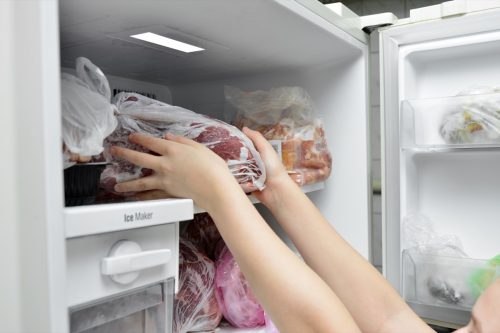
The U.S. Department of Agriculture (USDA) warns against placing any frozen meat in your slow cooker.
“Always defrost meat or poultry before putting it in the slow cooker,” the agency says. “If you place frozen meat or poultry in a slow cooker, it can spend too much time thawing, allow bacteria to multiply, and make you sick.”
Using defrosted food will also ensure that your meal cooks evenly and all the way through, the USDA notes.
5. Hot chiles
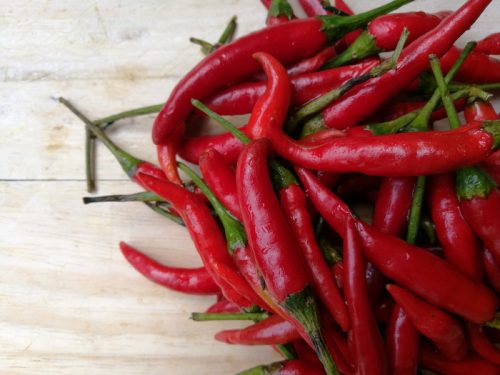
While popping a handful of hot chiles into your slow cooker may seem like a simple way to add some flavor to your dish, it could backfire on you. Randhawa warns that this ingredient should be used with caution since the spice “tends to disperse over the entire pot over the extended slow cooking process.”
“If you are unsure about how hot certain chili peppers are, it’s better to go light if the recipe calls for them initially and add more towards the end of the cooking time if you still want more heat when taste testing,” she suggests.
6. Dairy products
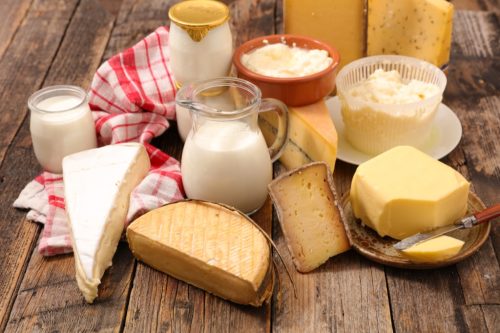
Plenty of recipes call for milk or cream to make a dish a bit creamier. However, experts say you should avoid using dairy products in a slow cooker—and if you must, you need to be strategic about the amount and timing of the addition.
“Milk-based ingredients can curdle or separate, while soft cheeses may melt completely. Heavy cream sauces tend to break down over time,” points out Chastain.
If you must put dairy in your slow cooker, add it at the end of cooking, so it doesn’t have time to curdle. “Exceptions include hard cheeses and yogurt, which can be stirred in earlier since they retain their texture,” notes Chastain.
RELATED: 7 Foods You Should Never Freeze, According to Experts.
7. Wine

Cooking with wine is a common practice when preparing food on the stovetop or in the oven. However, if a recipe calls for wine in a slow cooker, you may want to avoid it. “Any recipe calling for wine shouldn’t be slow-cooked,” warns food science expert Divya Raj.
“The alcohol won’t have an outlet when it evaporates,” Raj notes, unlike a stovetop or oven where alcohol can burn off or reduce. “So, your dish will taste funny.”
8. Water-based vegetables
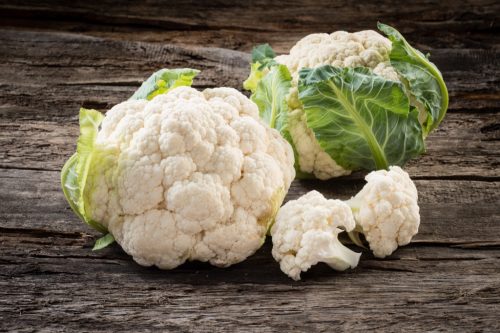
Vegetables often help fill out a recipe, but some veggies won’t hold up well in a slow cooker. Experts warn against putting water-based vegetables, such as cauliflower, eggplant, zucchini, or broccoli, in one of these devices.
Recipe connoisseur Laura Ritterman says that if you must put them in the slow cooker, you should add them later on, so they spend less time stewing. “These vegetables cook quickly, and if heated for the majority of the day, will become mush,” she notes.
9. Skin-on poultry
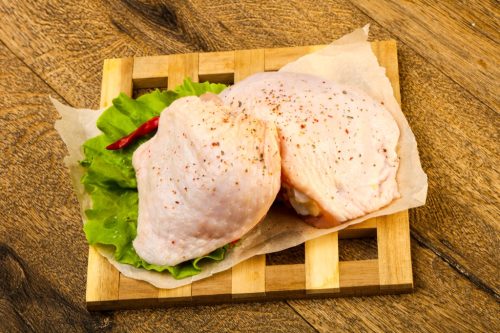
The beauty of skin-on chicken is that this outer layer can get nice and crispy while retaining the moisture of the meat inside. However, Gen La Rocca, chef, owner, and recipe creator behind Two Cloves Kitchen, notes that such meats are incapable of browning in the slow cooker.
“Cuts like bone-in, skin-on chicken thighs are better suited to dry-heat cooking methods like oven roasting, where the skin can become golden and crisp,” she says.
For more advice sent directly to your inbox, sign up for our daily newsletter.
10. Some fresh herbs
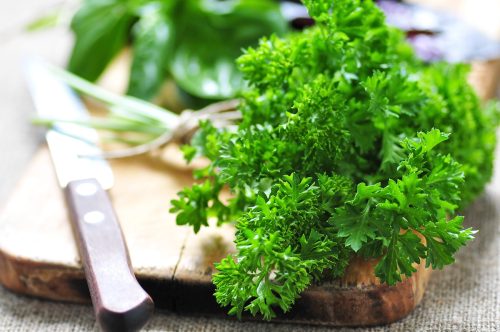
Fresh herbs can add a ton of flavor to soups, stews, and more, but if left in moisture or heat for too long, they’ll lose a lot of luster.
“I don’t recommend adding soft, fresh herbs like cilantro, dill, parsley, or basil to the slow cooker,” says La Roca. “These herbs must be added at the end of your cooking time to preserve their flavor and texture.”